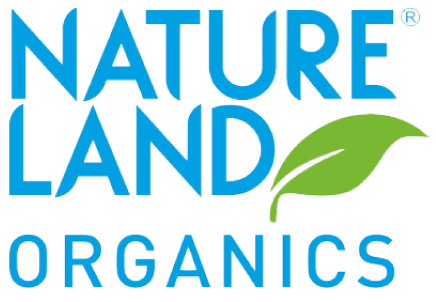
The debate between organic food and processed food encompasses various aspects, including nutritional content, health impacts, environmental considerations, economic factors, taste, quality, regulations, and consumer perceptions.
Nutritional Differences
Organic Food:
- Generally contains higher levels of certain nutrients, such as antioxidants, vitamins, and minerals, due to the absence of synthetic pesticides and fertilizers.
- Studies have shown that organic fruits and vegetables can have up to 20-40% higher antioxidant activity compared to their conventional counterparts (YourStory).
Processed Food:
- Often stripped of essential nutrients and fiber during processing. It may be enriched or fortified with vitamins and minerals to compensate for these losses.
- High in added sugars, salts, and unhealthy fats, which can lead to various health issues (YourStory).
Health Impacts
Organic Food:
- Consumption is linked to lower exposure to pesticides and antibiotic-resistant bacteria, potentially reducing the risk of allergies and obesity (Natureland Organics).
- Some studies suggest that organic diets may contribute to better overall health outcomes (YourStory).
Processed Food:
- Associated with a higher risk of obesity, diabetes, heart disease, and certain cancers due to high levels of additives, preservatives, and artificial ingredients (YourStory).
- Often contains trans fats and high fructose corn syrup, which are linked to adverse health effects (YourStory).
Environmental Impact
Organic Food:
- Promotes soil health, reduces pollution, conserves water, and enhances biodiversity.
- Organic farming practices are designed to be more sustainable and environmentally friendly (Natureland Organics) (YourStory).
Processed Food:
- Production involves significant environmental costs, including high energy consumption and pollution.
- Packaging waste from processed foods contributes to environmental degradation (YourStory).
Economic Factors
Organic Food:
- Typically more expensive due to higher production costs, lower yields, and the cost of organic certification.
- The long-term health and environmental benefits may justify the higher prices for some consumers (YourStory).
Processed Food:
- Generally cheaper and more accessible due to mass production and economies of scale.
- The affordability of processed foods can be offset by higher healthcare costs associated with diet-related diseases (YourStory).
Taste and Quality
Organic Food:
- Many consumers report that organic foods taste better, attributing this to the natural growth processes and the absence of synthetic chemicals.
- Freshness and natural flavors are often highlighted as benefits of organic produce (Natureland Organics).
Processed Food:
- Engineered to taste appealing through the addition of flavor enhancers, sugars, and fats.
- However, this can lead to overconsumption and a preference for highly processed foods over natural alternatives (YourStory).
Regulations and Standards
Organic Food:
- Must meet strict regulations to be certified organic, including restrictions on synthetic pesticides, fertilizers, GMOs, and antibiotics.
- Certification processes vary by country but generally ensure high standards of food safety and environmental stewardship (YourStory).
Processed Food:
- Regulations focus more on food safety and shelf life rather than nutritional quality.
- There is less oversight on the health impacts of additives and preservatives (YourStory).
Consumer Awareness and Perception
Organic Food:
- Increasingly popular among health-conscious consumers willing to pay a premium for perceived benefits.
- Growing demand for transparency in food production and sourcing (Natureland Organics) (YourStory).
Processed Food:
- Often chosen for convenience, affordability, and availability.
- Marketing strategies can obscure the less healthy aspects of processed foods, making informed choices challenging for consumers (YourStory).
Conclusion
Choosing between organic and processed food involves considering multiple factors, from personal health and nutrition to environmental impact and economic considerations. While organic foods are often seen as healthier and more sustainable, they come at a higher cost. Processed foods, while more affordable and convenient, can have significant health and environmental drawbacks. Educating consumers on these differences can help them make more informed dietary choices.









